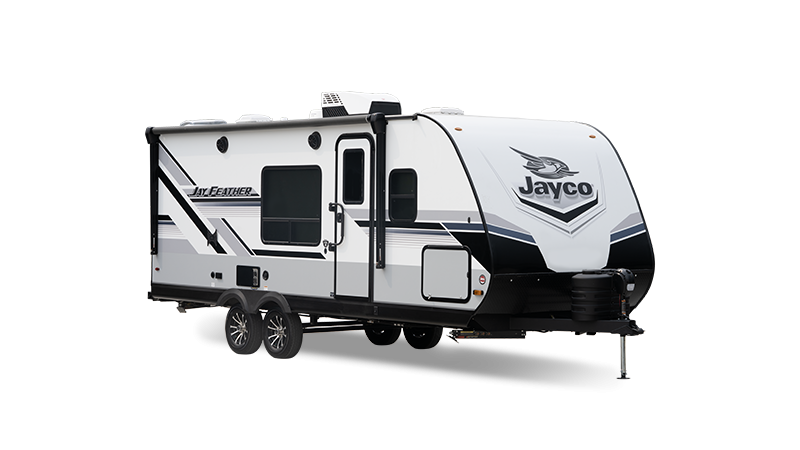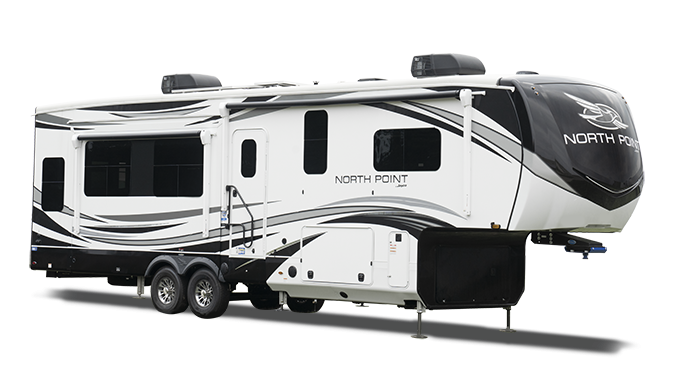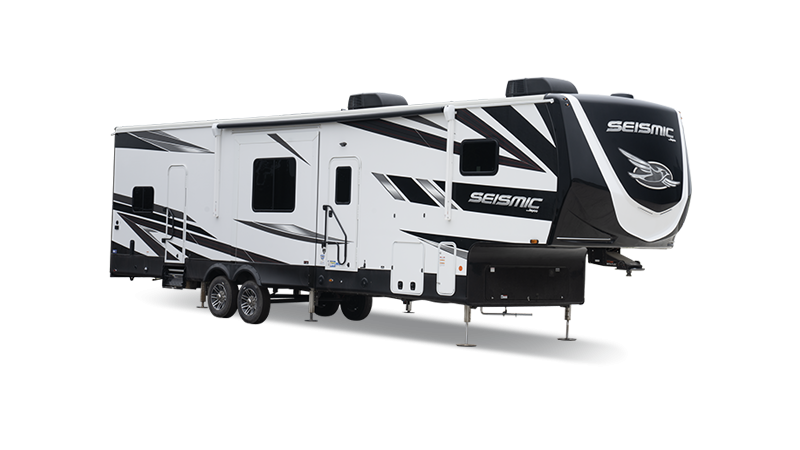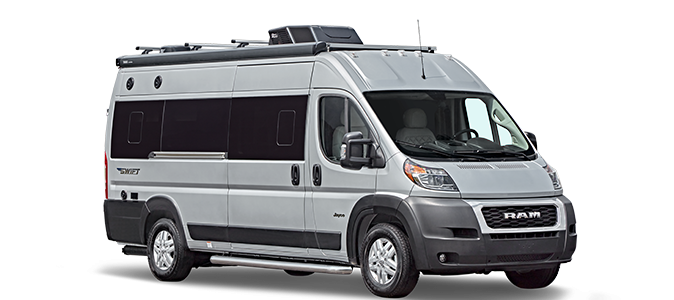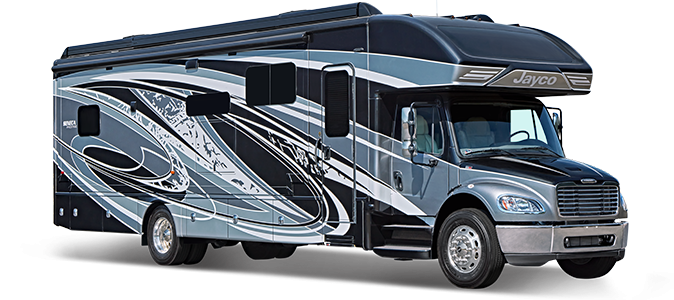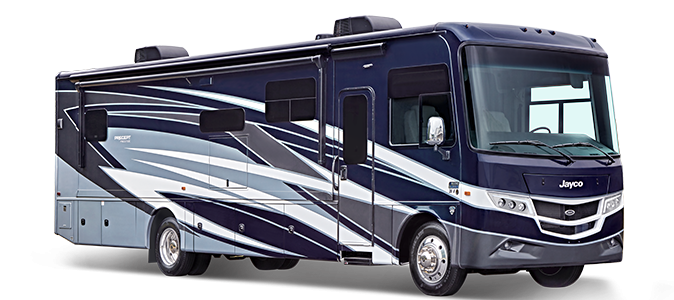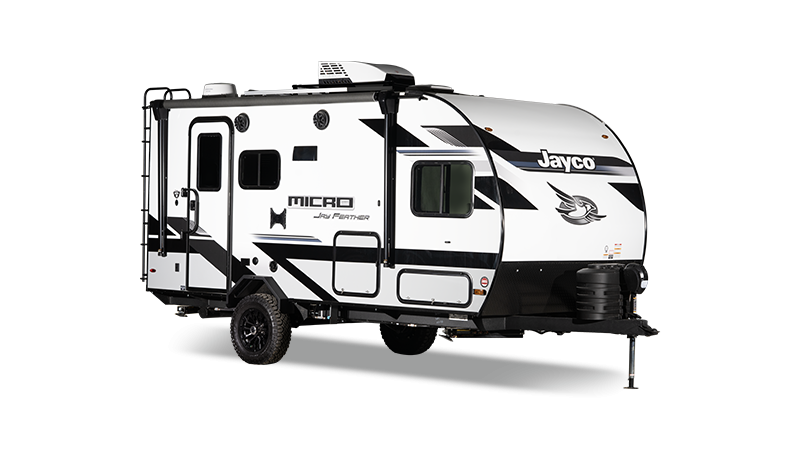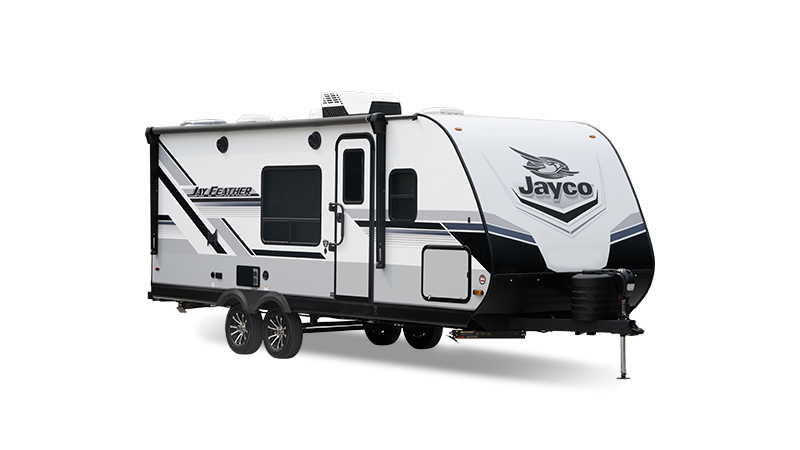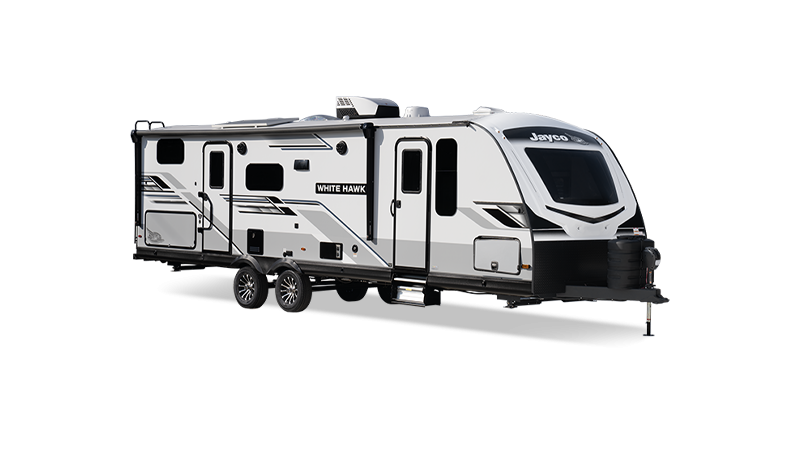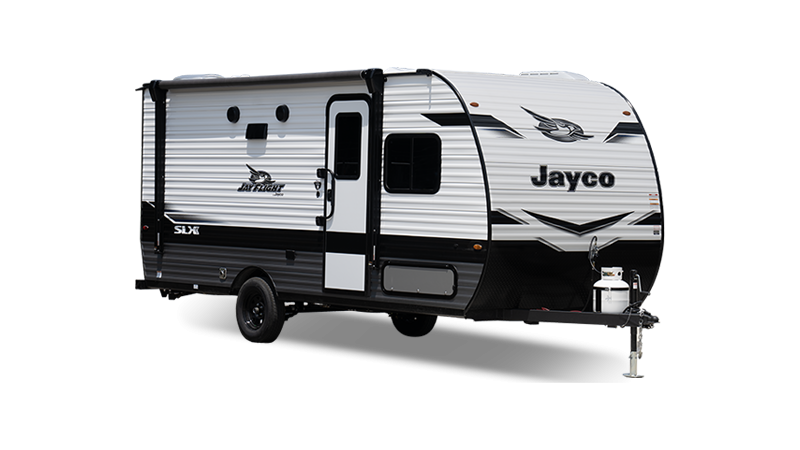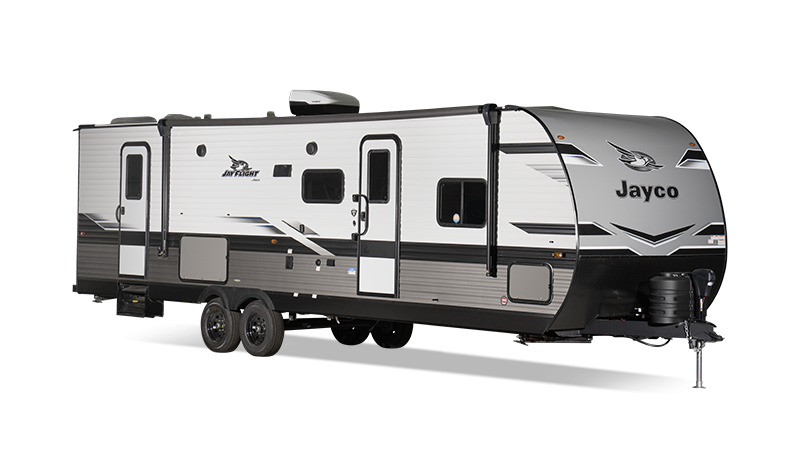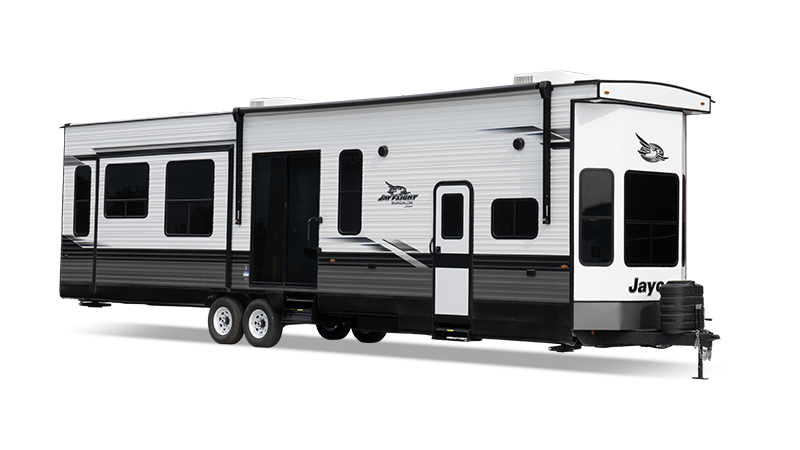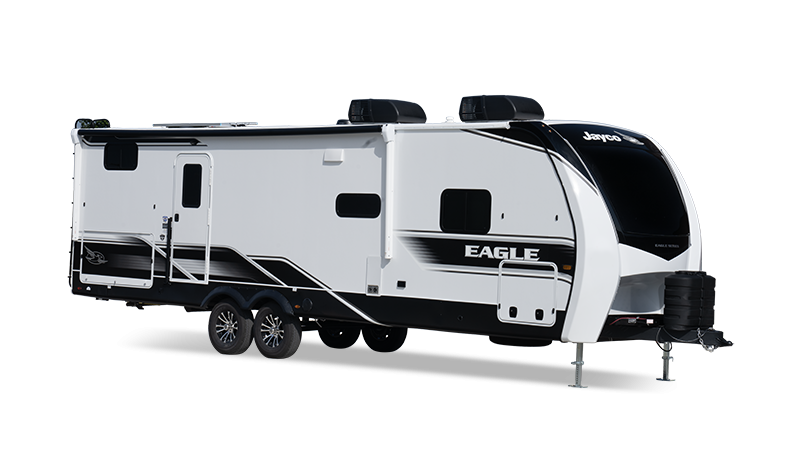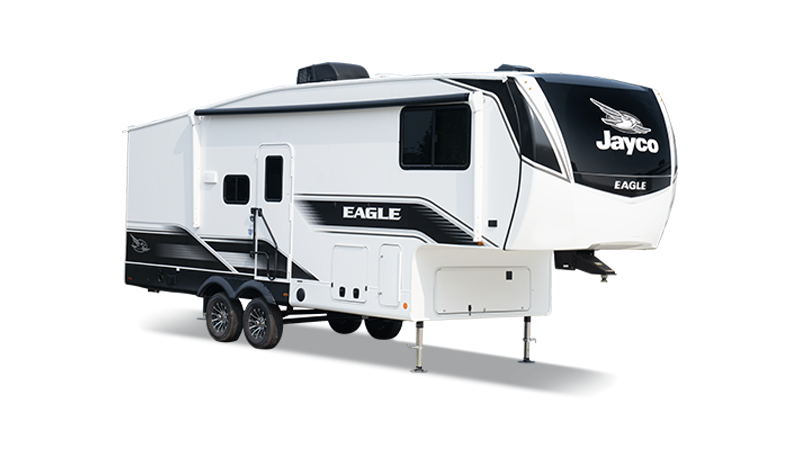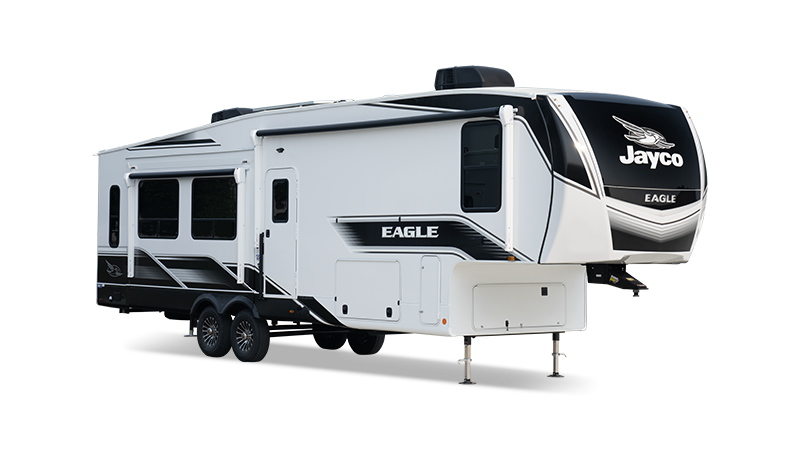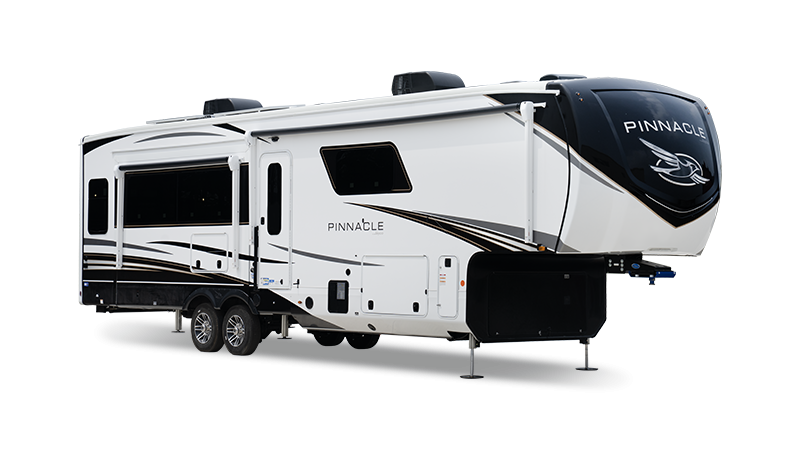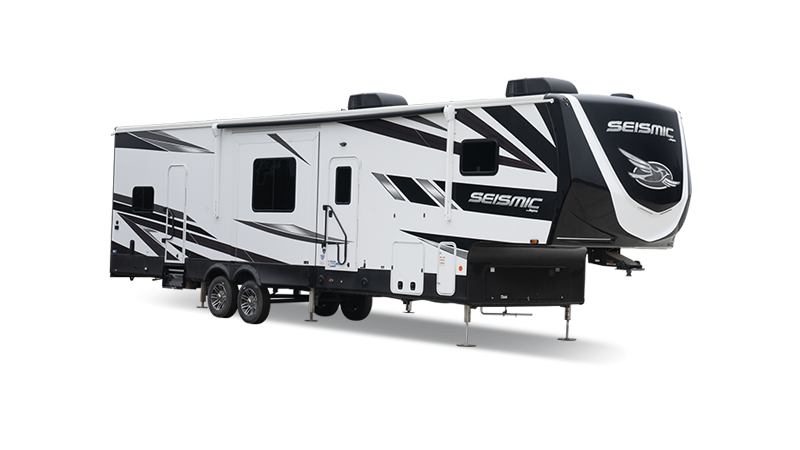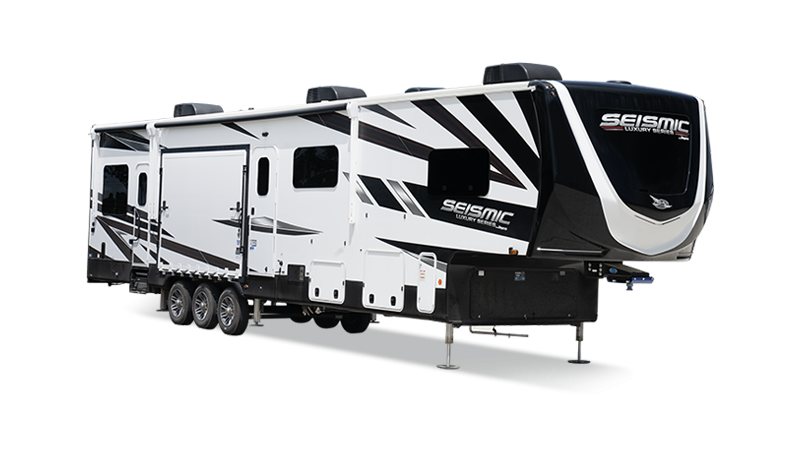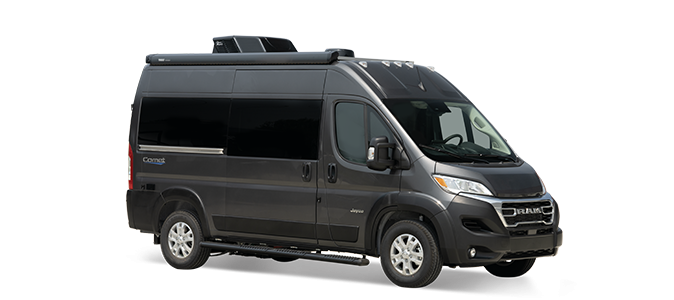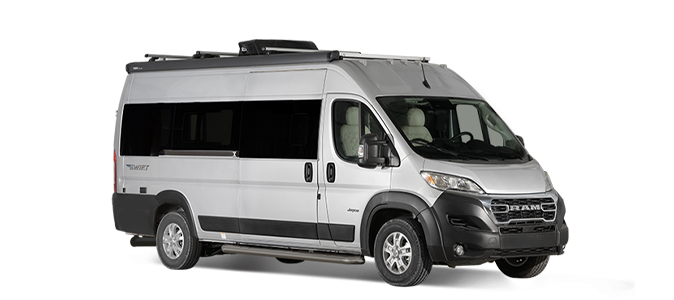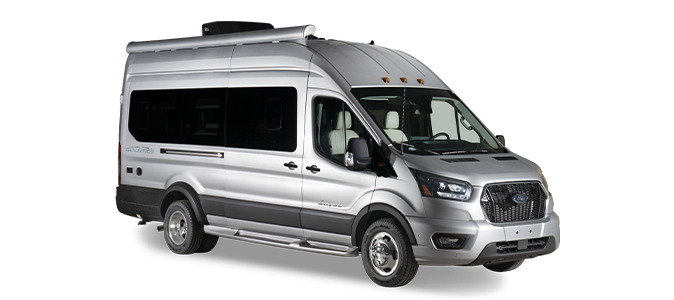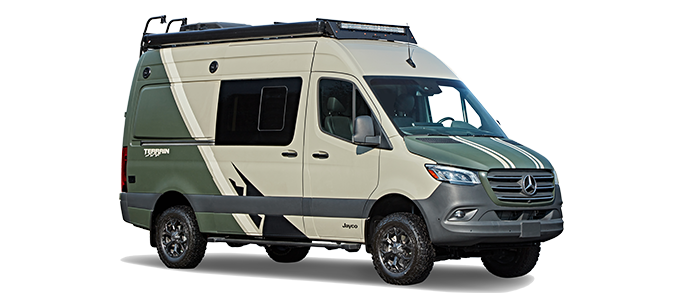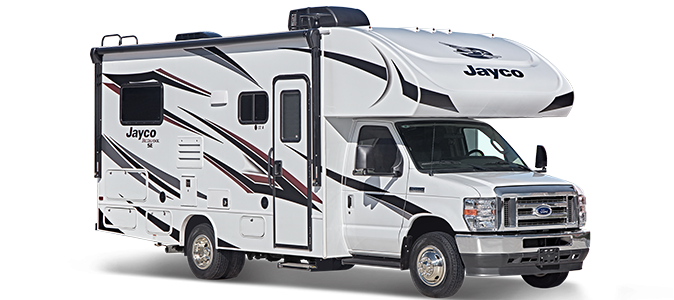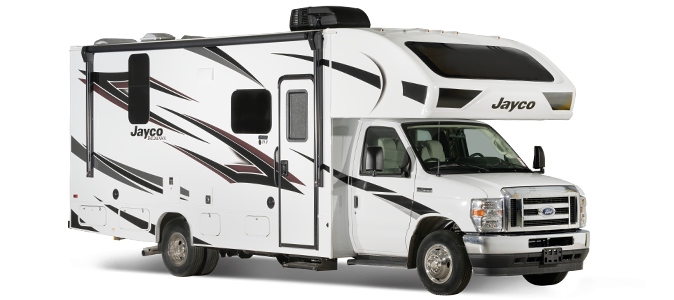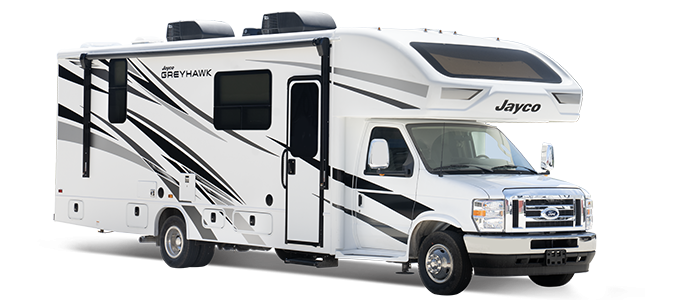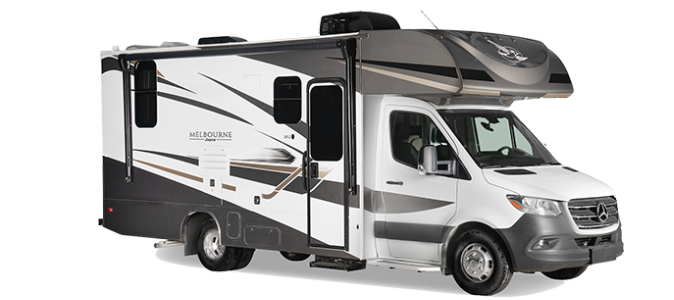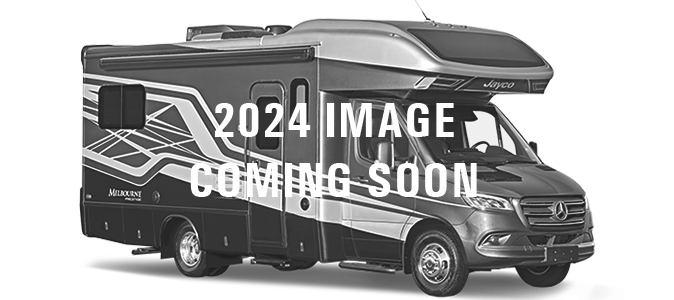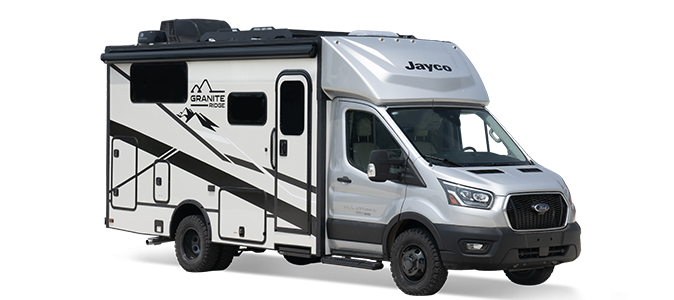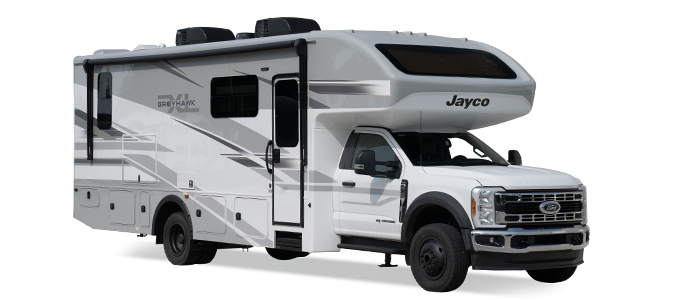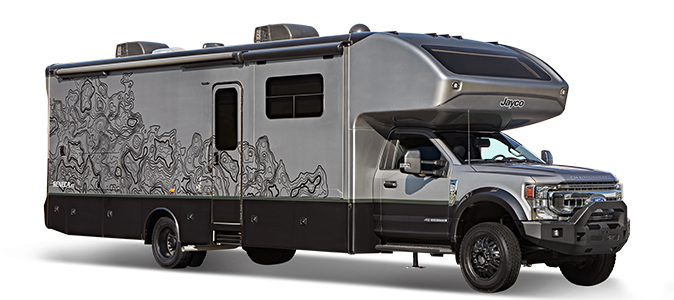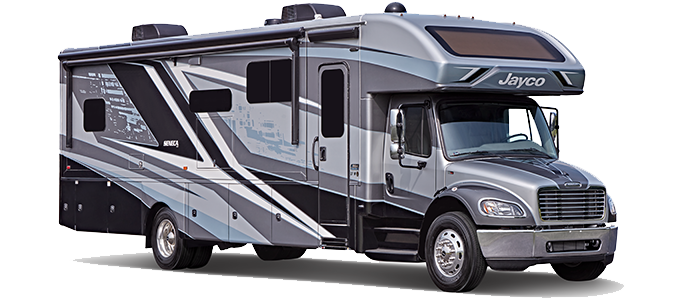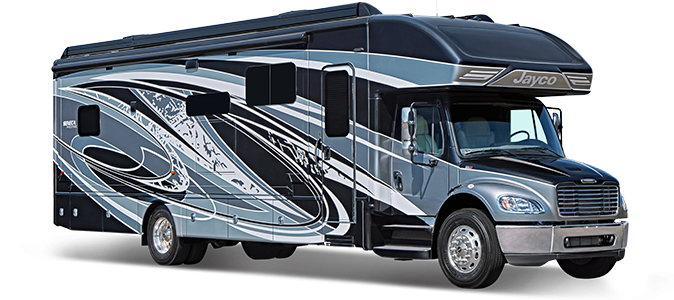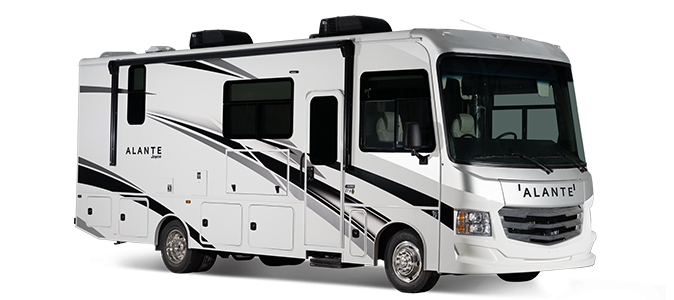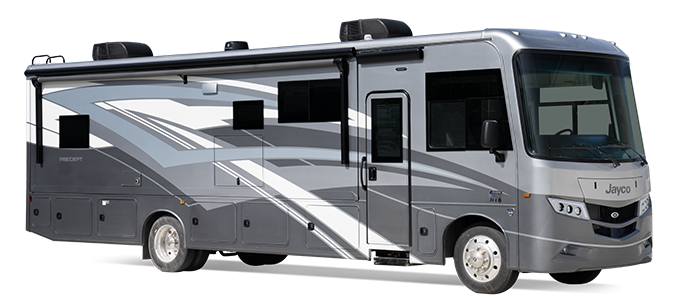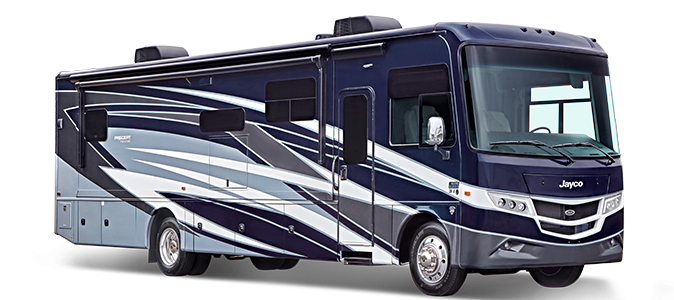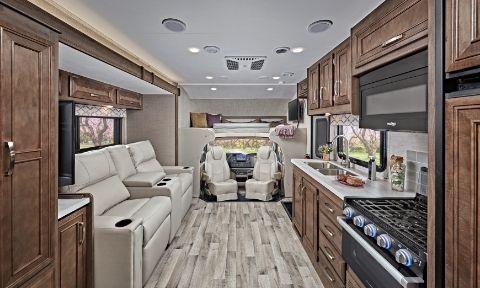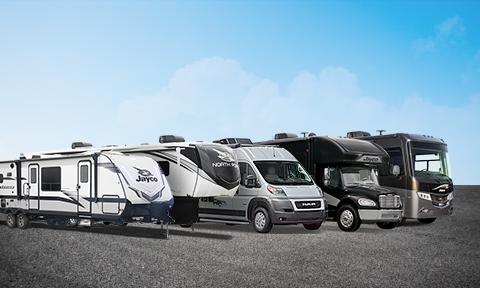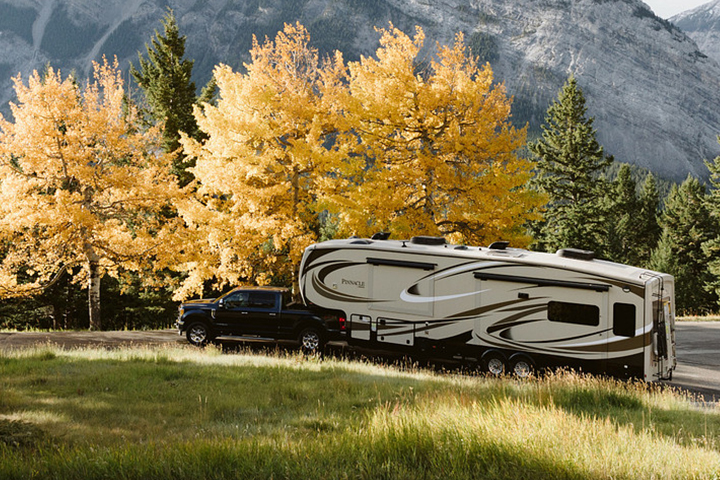With so many joining the RV lifestyle—and so many others considering it—safe driving is an important topic. Whether you’re towing a trailer or driving a motorhome, there are a few fundamental differences between how you handle your everyday vehicle and a trailer or motorhome. Some of them you may not have even had to think about.
We’re also here to tell you not to worry about getting comfortable behind the wheel. Over time, many RVers come to enjoy the power of a tow vehicle or the extra height above the road in a motorhome’s cabin. You’ll be a pro in no time, especially if you follow some of our favorite tips for getting started.
Practice
You don’t have to take your first trip without any experience. Find an empty parking lot and make turns, backup, park and make other common maneuvers.
Don’t go it alone
Two sets of eyes and ears are better than one. With more vehicle to control, rely on your co-captain to help you check blind spots, park or in any situation where vision might not be 100 percent. In a perfect world, whoever you’ll travel most with practices with you, and you establish how and when they can communicate most effectively.
Check and adjust mirrors and seating every time
This one won’t sound all that unfamiliar, but the reason for it is a little different. Blind spots are bigger and you’re farther from the backend, so you’ll want to use all the tools you can to help yourself. Technology is helping; many newer RVs are equipped with side and rear camera systems that display in the dash of your tow vehicle or motorhome.
Know your measurements
RVs these days range from trailers that are a few feet long to motorhomes as long as 45 feet. Clearance is probably the important measurement we’re most familiar with (don’t forget to factor in any satellite, solar or A/C components that may be added to the roof), but you’ll also want to know, and get a feel for, the width and length of your unit. This will not only make driving easier, but also choosing campsites and adhering to any local regulations.
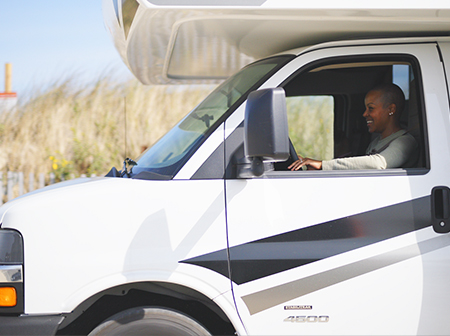 Know what you can tow
Know what you can tow
Towing allows you to bring more of the gear and toys you want. Combine that with the comforts of an RV and you have the makings of some great adventures. And yes, this applies to trailers and motorhomes
If you’re towing behind a motorhome, pay close attention to factors like tongue and receiver capacities to make sure they can withstand what you’ll tow. For both trailers and motorhomes, understanding the different weight ratings is important to being able to comfortably travel while towing. You can find more detailed definitions of those ratings and answers to other towing questions here.
Know where you’re going
Obvious, right? Sure. But again, the reason this is so important is a little different with an RV. If you get into a tighter spot, corner or steeper grade than you were expecting, it’s much harder to get out of when driving an RV. Another reason to check where you’re going is the weather. Wind, especially, can be a much bigger factor than with a more common vehicle, as can precipitation.
Do everything a little slower
Put yourself in the shoes of other drivers on the road. RVs aren’t the most common vehicles to drive around. Make the driving experience a little easier on yourself, and other drivers, by signaling early, changing lanes gradually and not tailgating. It will put everyone at a little more ease.
The far-right lane is your friend
This is the best spot for the driver to have the most visibility to other drivers on the road. Plus, should you need to pull off for any reason, the shoulder is right there for a gentle merge or exit. You’ll, of course, want to monitor entrance and exit ramps too.
Fear not, new RVers! With a little practice, teamwork and the right planning, you’ll too find out why so many campers feel like the journey is just as exciting as the adventure.

